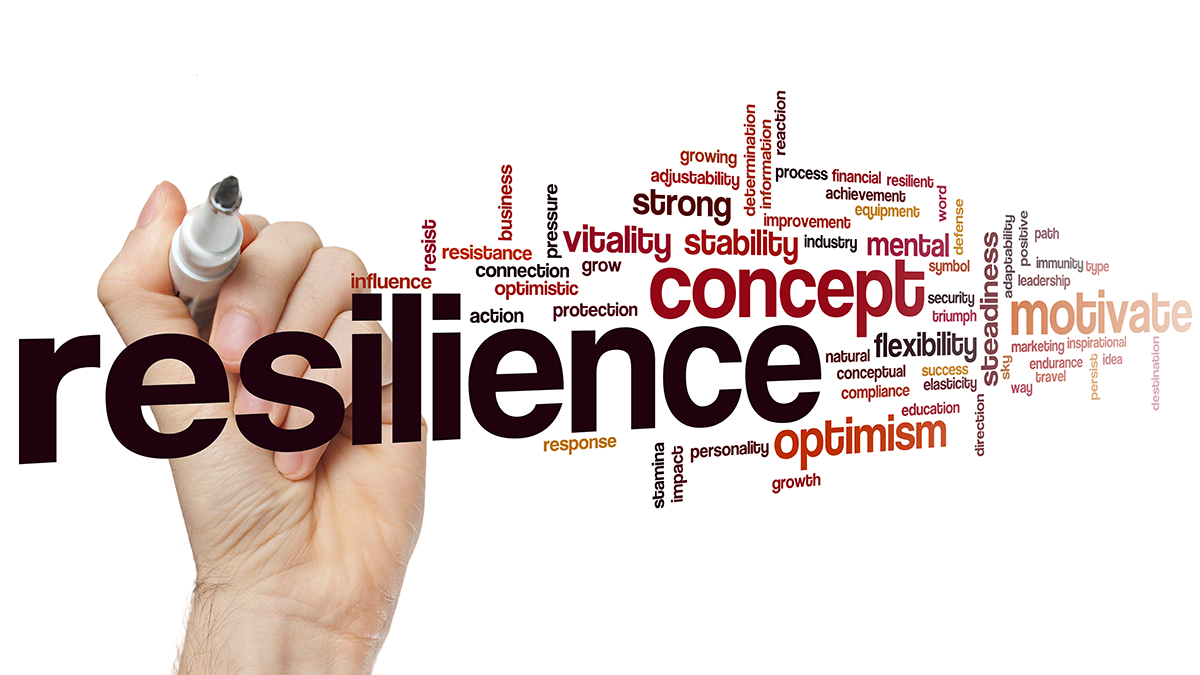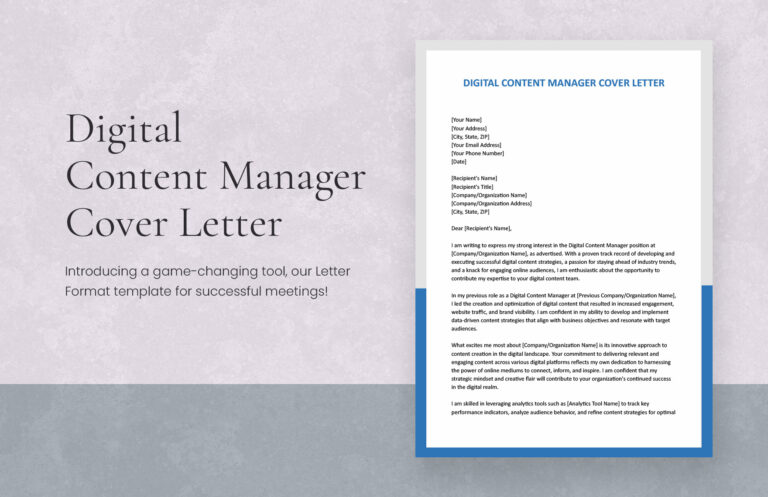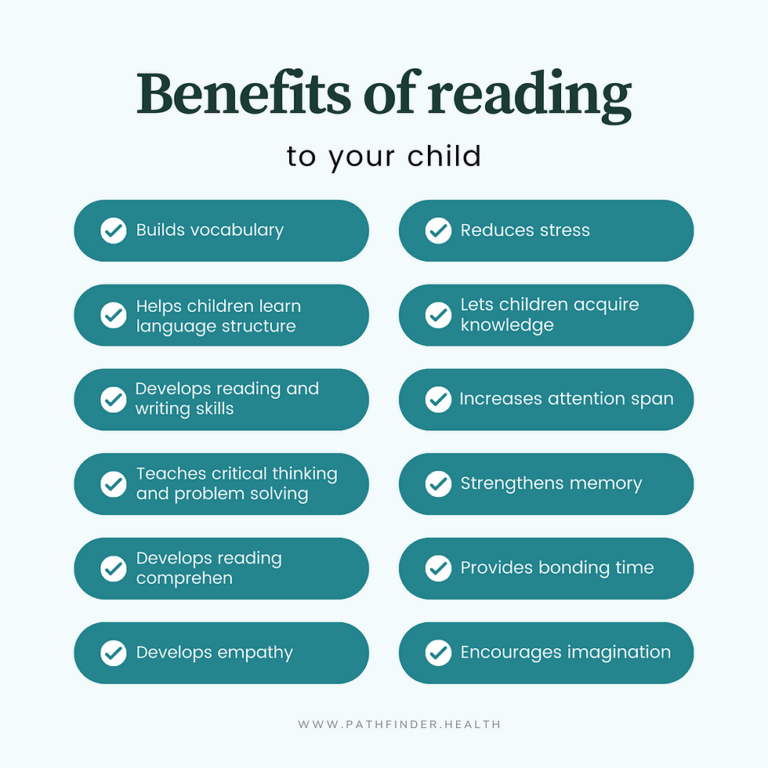How to Cultivate Resilience in Challenging Times
**Answer:** Cultivate resilience by maintaining a positive mindset and seeking support from friends and family. Practice self-care and set realistic goals.
**** Challenging times test our mental and emotional strength. Resilience helps us navigate through adversity with grace. Building resilience involves adopting a proactive approach to life’s hurdles. Positive thinking plays a crucial role in overcoming difficulties. Connecting with supportive people can provide much-needed emotional backing.
Self-care practices like exercise, meditation, and proper sleep are essential. Setting achievable goals keeps us motivated and focused. Resilience isn’t about never facing difficulties; it’s about bouncing back stronger. By nurturing these habits, we can better withstand life’s challenges. Resilience transforms obstacles into opportunities for growth.

Credit: osucascades.edu
Introduction To Resilience
Resilience is the ability to bounce back from tough situations. It helps you stay strong and positive. In today’s world, challenges are everywhere. Learning to be resilient can make life easier and more enjoyable.
Importance Of Resilience
Resilience is crucial for mental and emotional well-being. It helps you handle stress better. People with high resilience recover from setbacks faster. They are more likely to achieve their goals.
Resilient individuals often have better relationships. They can support others while managing their own issues. This creates a positive environment for everyone involved.
Common Misconceptions
Many think resilience means never feeling sad or upset. This is not true. Feeling emotions is part of being human. Resilience is about handling those feelings in a healthy way.
Another misconception is that resilience is something you either have or don’t. In reality, anyone can learn to be more resilient. It takes practice and the right tools.

Credit: mariamarlowe.com
Building A Positive Mindset
Developing a positive mindset can help you navigate challenging times. A positive mindset is not just about being happy. It’s about seeing opportunities even in adversity. This mindset can be cultivated through various practices. Here, we explore two effective strategies: Embracing Optimism and Practicing Gratitude.
Embracing Optimism
Optimism is the belief that good things will happen. It helps you stay motivated and persistent. Here are some ways to embrace optimism:
- Focus on Solutions: When faced with a problem, focus on finding solutions rather than dwelling on the issue.
- Surround Yourself with Positive People: Spend time with people who uplift you and encourage a positive outlook.
- Visualize Success: Imagine positive outcomes for your efforts. Visualization can boost confidence and reduce stress.
Practicing Gratitude
Gratitude shifts your focus from what you lack to what you have. It fosters a sense of well-being and contentment. Here are simple ways to practice gratitude:
- Keep a Gratitude Journal: Write down three things you are grateful for each day. This habit helps you recognize the positives in your life.
- Express Thanks: Thank people who have helped or supported you. A simple thank you can strengthen relationships and enhance your mood.
- Reflect on Positive Experiences: Spend a few minutes each day reflecting on good experiences. This reflection can boost your overall happiness.
By embracing optimism and practicing gratitude, you can build a positive mindset. This mindset will help you face challenges with resilience and strength.
Stress Management Techniques
During challenging times, managing stress is crucial. Effective stress management techniques can help build resilience. In this section, we will explore some practical methods to manage stress.
Mindfulness Practices
Mindfulness involves paying full attention to the present moment. It helps in reducing stress and increasing focus.
- Body Scan: Lie down and mentally scan your body. Notice any tension and relax those muscles.
- Mindful Eating: Eat slowly, savoring each bite. Focus on the flavors and textures.
- Walking Meditation: Walk slowly and pay attention to your surroundings. Feel each step you take.
Breathing Exercises
Breathing exercises are simple yet powerful techniques. They help calm the mind and reduce stress.
- Deep Breathing: Sit comfortably and take a deep breath in through your nose. Hold for a few seconds and exhale slowly through your mouth.
- 4-7-8 Breathing: Inhale for 4 seconds, hold for 7 seconds, and exhale for 8 seconds. Repeat this cycle a few times.
- Box Breathing: Inhale for 4 seconds, hold for 4 seconds, exhale for 4 seconds, and hold for 4 seconds. Repeat the process.
Using these stress management techniques regularly can enhance your ability to handle stressful situations.
Developing Strong Relationships
In challenging times, building strong relationships is crucial. These connections can provide much-needed support and encouragement. Strong relationships can help you navigate difficulties. They foster a sense of belonging and security. Let’s explore how to cultivate these relationships effectively.
Support Networks
Creating a robust support network is essential. This network includes family, friends, and colleagues.
Support networks can offer emotional backing and practical advice. They can also provide a listening ear during tough moments. Building a support network involves:
- Reaching out to loved ones regularly.
- Participating in community groups.
- Joining online forums related to your interests.
- Attending social events and gatherings.
Maintaining these connections requires effort and consistency. Regular communication and shared experiences strengthen these bonds.
Effective Communication
Effective communication is the backbone of strong relationships. Clear and open conversations build trust and understanding.
To enhance communication:
- Listen actively to others without interrupting.
- Express your thoughts and feelings honestly.
- Ask questions to show genuine interest.
- Avoid assumptions and clarify misunderstandings.
- Use positive body language and eye contact.
Practice these skills regularly to improve your communication. Effective communication leads to deeper connections and stronger relationships.
Remember, building strong relationships takes time and patience. The benefits are invaluable in challenging times.
Setting Realistic Goals
In challenging times, cultivating resilience is crucial. One effective method is setting realistic goals. Realistic goals help you stay focused and motivated. They provide a clear direction and a sense of accomplishment. Setting both short-term and long-term goals is important for building resilience.
Short-term Goals
Short-term goals are achievable in a short period. They help you feel immediate success. This boosts your confidence and motivation. Here are some tips for setting short-term goals:
- Be Specific: Define what you want to achieve.
- Set Deadlines: Choose a realistic timeframe.
- Make it Measurable: Track your progress easily.
- Stay Flexible: Adjust goals as needed.
Short-term goals can include daily or weekly tasks. Examples include:
| Goal | Timeframe |
|---|---|
| Complete a workout session | 1 day |
| Read a chapter of a book | 1 week |
| Cook a new recipe | 1 week |
Long-term Goals
Long-term goals take more time to achieve. They require more planning and effort. These goals offer a bigger reward and sense of accomplishment. Tips for setting long-term goals include:
- Be Clear: Know exactly what you want.
- Break it Down: Divide into smaller tasks.
- Stay Committed: Keep your focus over time.
- Review Regularly: Check your progress.
Long-term goals might span months or years. Examples include:
| Goal | Timeframe |
|---|---|
| Earn a degree | 4 years |
| Save for a house | 5 years |
| Learn a new language | 2 years |
Setting realistic goals, both short-term and long-term, is key to building resilience. It helps you stay focused and motivated during tough times.

Credit: college.unc.edu
Adapting To Change
Adapting to change is crucial for building resilience. In challenging times, the ability to adapt can make a significant difference. Embracing change involves being flexible and open to new possibilities. This section will explore key ways to adapt effectively.
Flexibility In Thought
Being flexible in thought means being open-minded. It involves considering new ideas and perspectives. Rigid thinking can limit your ability to adapt. Here are some ways to cultivate flexibility in thought:
- Practice open-mindedness.
- Challenge your assumptions.
- Be willing to learn new things.
Open-mindedness allows you to see different solutions. Challenging your assumptions helps you grow. Learning new things keeps your mind active and adaptable.
Embracing New Opportunities
Change often brings new opportunities. Embracing these opportunities can lead to growth. Here are some tips for embracing new opportunities:
- Stay positive.
- Take calculated risks.
- Be proactive.
Staying positive helps you see opportunities. Taking calculated risks allows you to step out of your comfort zone. Being proactive ensures you are ready to seize new opportunities.
Adapting to change involves both flexibility in thought and embracing new opportunities. These strategies can help you build resilience during challenging times.
Self-care Strategies
During challenging times, practicing self-care is essential for cultivating resilience. Self-care involves taking steps to maintain your physical and mental well-being. Here, we explore strategies that can help you stay strong and balanced.
Physical Well-being
Maintaining your physical health is crucial. Engage in activities that keep your body active and healthy.
- Exercise regularly: Aim for at least 30 minutes of activity daily.
- Eat nutritious food: Include plenty of fruits and vegetables in your diet.
- Stay hydrated: Drink at least 8 glasses of water each day.
- Get enough sleep: Ensure you sleep for 7-9 hours every night.
These steps can help you stay physically resilient and more able to handle stress.
Mental Health
Taking care of your mental health is equally important. Implement strategies that help you stay calm and positive.
- Practice mindfulness: Spend time each day meditating or practicing deep breathing.
- Stay connected: Keep in touch with family and friends through calls or video chats.
- Limit media consumption: Avoid excessive exposure to news that may increase anxiety.
- Engage in hobbies: Do activities you enjoy, such as reading or painting.
These strategies can boost your mental resilience and help you navigate tough times with a clearer mind.
| Self-Care Strategy | Description |
|---|---|
| Exercise | Keep your body active with daily physical activity. |
| Nutrition | Eat a balanced diet rich in fruits and vegetables. |
| Hydration | Drink plenty of water to stay hydrated. |
| Sleep | Ensure adequate rest with 7-9 hours of sleep nightly. |
| Mindfulness | Practice meditation and deep breathing daily. |
| Social Connection | Stay connected with loved ones through calls or chats. |
| Media Consumption | Limit exposure to stress-inducing news. |
| Hobbies | Engage in activities that bring you joy. |
Learning From Failure
Failure is a natural part of life. It teaches us valuable lessons. Learning from failure can help us grow stronger. It builds resilience and helps us face future challenges.
Growth Mindset
A growth mindset is essential. It views failure as a learning opportunity. People with a growth mindset believe they can improve. They see mistakes as stepping stones to success.
Here are some ways to develop a growth mindset:
- Embrace challenges
- Learn from criticism
- Celebrate small victories
Resilience In Setbacks
Resilience is the ability to bounce back. Setbacks are inevitable, but they don’t have to define us. Building resilience helps us recover quickly.
Consider these strategies to build resilience:
- Stay positive
- Keep a support network
- Focus on solutions
Below is a table summarizing the key points:
| Growth Mindset | Resilience in Setbacks |
|---|---|
| Embrace challenges | Stay positive |
| Learn from criticism | Keep a support network |
| Celebrate small victories | Focus on solutions |
Conclusion
Building resilience is key to navigating life’s challenges. Small steps can create significant impacts. Prioritize self-care, maintain a positive outlook, and seek support. Practice gratitude daily and embrace change as part of growth. By cultivating resilience, you can face adversity with strength and confidence, emerging stronger each time.






